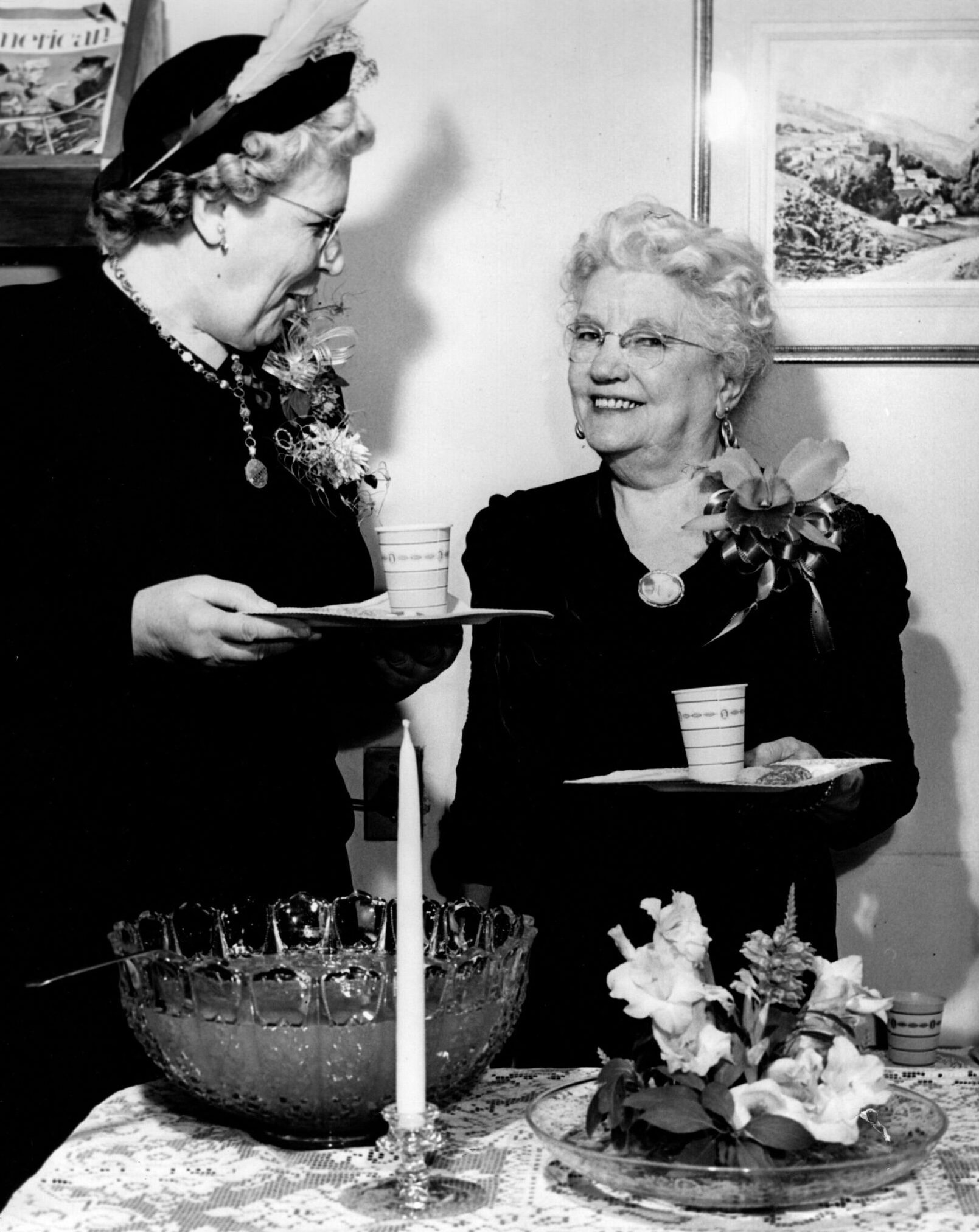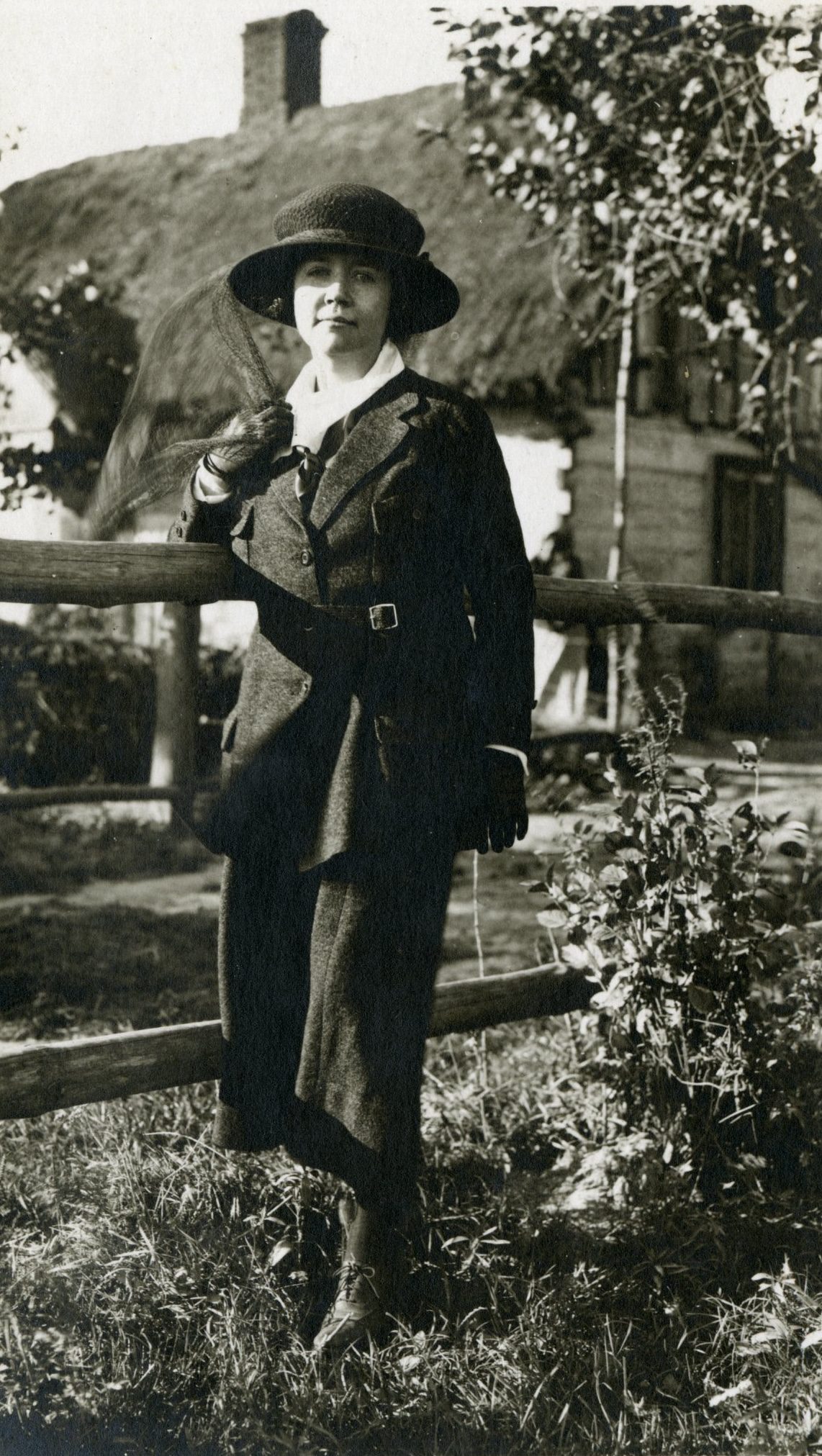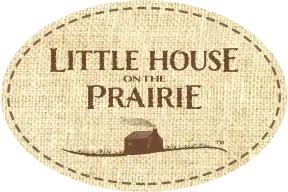The PBS American Masters documentary Laura Ingalls Wilder: Prairie to Page explores the enduring legacy of this iconic American author, her literary contributions, and the cultural impact of her work. A Midwestern farm woman who published her first novel at age 65, Wilder transformed her frontier childhood into the best-selling Little House books, which have sold more than 70 million copies worldwide.
A Journey Through Wilder’s Life
Directed and produced by Emmy Award winner Mary McDonagh Murphy, this documentary explores Wilder’s journey from her modest beginnings on the American frontier to her rise as an acclaimed author. Drawing on her formative childhood experiences in Wisconsin, Kansas, Minnesota and South Dakota, Wilder’s stories provide a window into the joys and hardships of frontier living. As the film reveals, Wilder’s life was far from idyllic, and her books for children often reflected a more idealized version of events.
This documentary brings the world of Little House to life through archival photographs, excerpts from letters, reenactments, and interviews. The film includes original interviews with Wilder scholars including Caroline Fraser (Prairie Fires: The American Dreams of Laura Ingalls Wilder), Pamela Smith Hill (Laura Ingalls Wilder: A Writer’s Life), and William Anderson (The Selected Letters of Laura Ingalls Wilder), as well as with actors from the beloved “Little House on the Prairie” TV series.

Dedication of Laura Ingalls Wilder Library, Mansfield, Missouri. Photo Credit: Laura Ingalls Wilder Library
The Role of Rose Wilder Lane
One of the most intriguing aspects of the documentary is its exploration of the collaboration between Wilder and her daughter, Rose Wilder Lane. Lane, a prolific writer and editor in her own right, played a significant role in shaping the Little House series.
Scholars and biographers featured in the documentary discuss the extent of Lane’s involvement, which has been a topic of debate. Many believe that while Wilder provided the raw material and emotional depth of her childhood stories, Lane’s editorial skills brought the polish and structure that transformed them into the celebrated works we know today. This professional dynamic between mother and daughter is emblematic of their complex and often fraught relationship.

Rose Wilder Lane. Photo Credit: Herbert Hoover Presidential Library.
A Reflection of American History and Values
The documentary situates Wilder’s work within the broader context of American history and culture. The Little House books, first published in the 1930s, emerged during a time when the United States was grappling with the Great Depression and the Dust Bowl. Wilder’s editor, Virginia Kirkus, wrote that Little House in the Big Woods was “the book no depression could stop.” Readers turned to Wilder’s stories of resilience, courage, determination and optimism during these challenging times.
Prairie to Page also addresses the more controversial aspects of Wilder’s legacy, examining the depiction of Native Americans and African Americans in her books, which have sparked concern about representation and historical accuracy. By including diverse perspectives, the film invites viewers to consider how Wilder’s works both reflected and perpetuated the cultural attitudes of her era.
This film is not just a biography of an author; it’s a window into the soul of America. It captures the pioneering spirit that shaped the nation, while encouraging a critical examination of the myths and realities of that era.
For more information, visit the PBS website or watch the documentary on PBS platforms, Amazon Prime, or Apple TV.
The editors of the Little House on the Prairie® website are pleased to bring you interesting articles, interviews, fan features, videos, and much more.



0 Comments